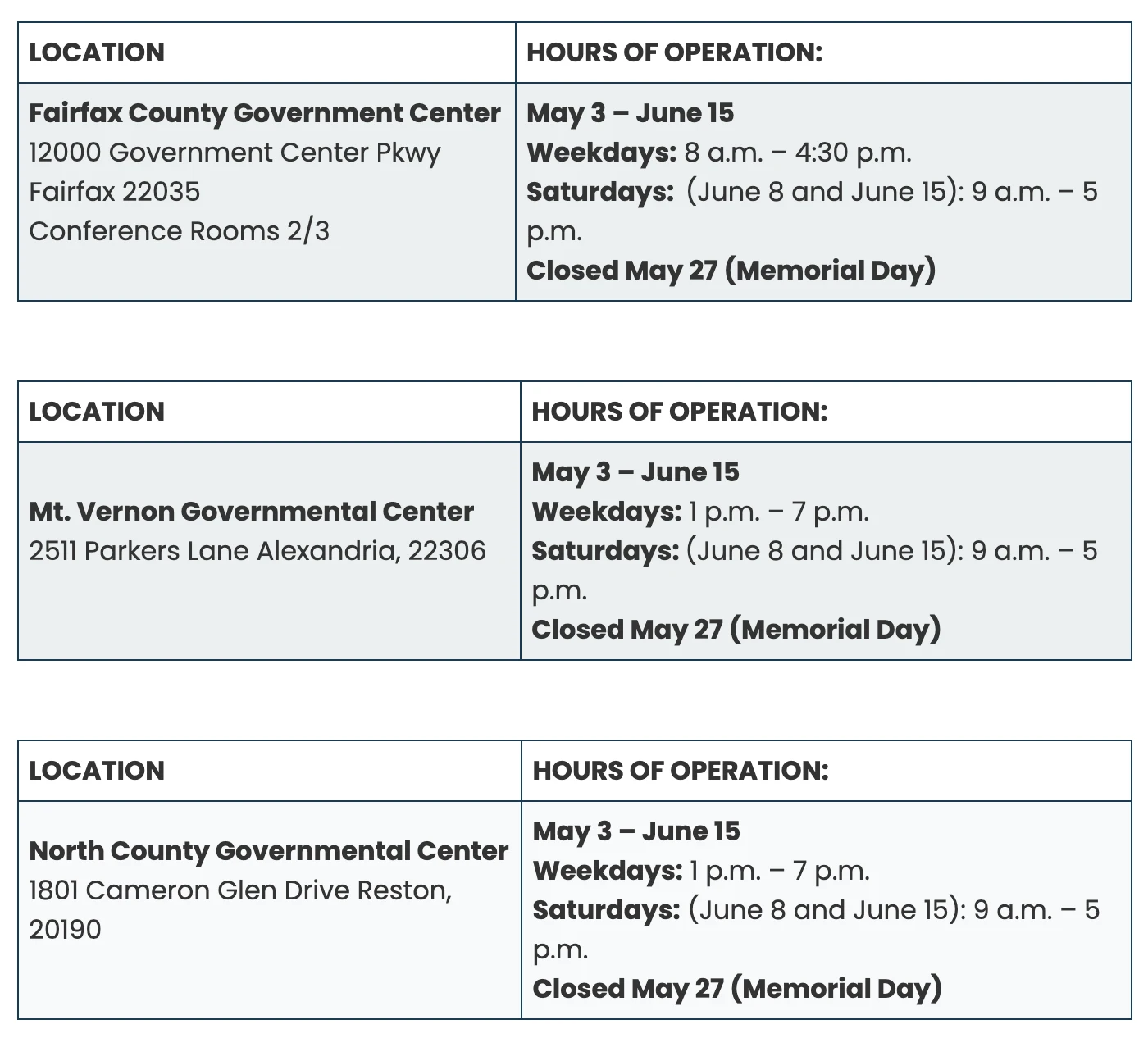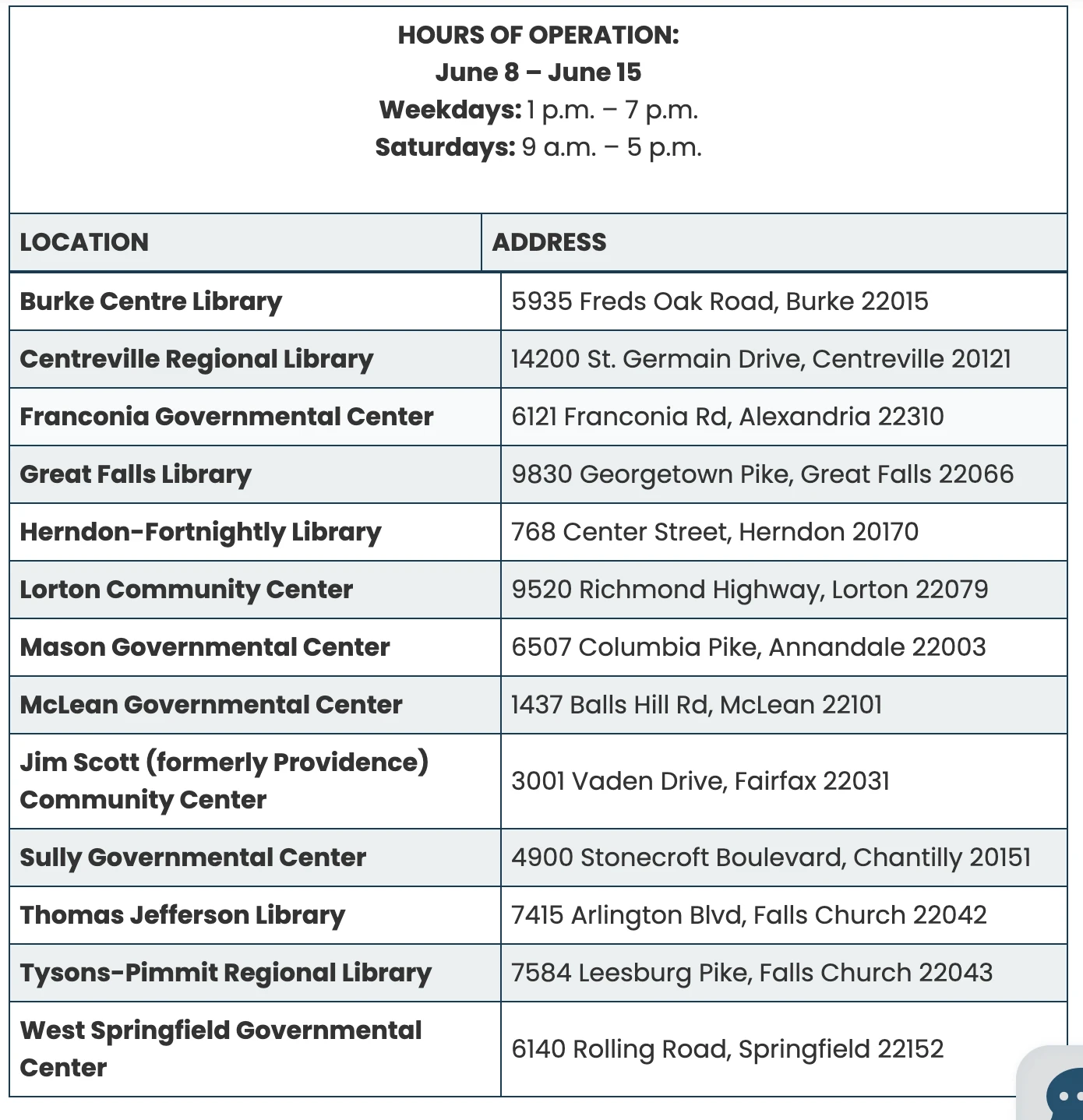
Mark Spooner | Fairfax Schools Monitor
The FCPS Superintendent, Michelle Reid, recently outlined her views about the relationship between a new “equity-based” Strategic Plan for the schools, and a new, overlapping Equity Policy. The occasion was a meeting with a group of citizens who have questions about the role of “equity” in the two FCPS initiatives.
The three prior articles in this series summarize the status of developing a Strategic Plan and an Equity Policy. Those articles pose an important issue: How will “equity” be defined, and will the definition in the Plan differ from the concept of “equity” in the Policy?
The earlier posts show that the two initiatives are being developed by two different FCPS teams, operating independently, having different priorities, and responding to different constituencies. The strategic planning process has been run by the Superintendent’s office; the “equity” process has been directed by the Equity Office. The Superintendent’s team has taken a broad view of the FCPS system as a whole, while the Equity team has focused narrowly on perceived injustices. The Superintendent’s team has been inclusive and collaborative, drawing from all segments of the community, whereas the Equity team, until recently, has obtained its input from, and been responsive to, particular groups with narrower interests.
The uncoordinated efforts have produced two competing concepts of “equity.” In the Strategic Plan, it appears that “equity” will focus on ensuring that everyone has access to the same opportunities. In contrast, the proposed Equity Policy uses politically-charged language, claiming that unidentified “systems, practices and beliefs” need to be “interrogated and interrupted,” and that current educational practices need to be “redesigned,” because they maintain a “status quo of marginalization.”
Recently, some who are troubled by the proposed Equity Plan asked the FCPS Equity team for a meeting to express their point of view. The request was granted, and a one-hour Zoom session was scheduled. One day before the session was to occur, the Superintendent stepped in and offered to conduct the meeting herself, and to do so in-person, rather than via Zoom. The result was a two-hour meeting on March 16 with a group of twenty concerned Fairfax citizens.
Final drafts of the Strategic Plan and the Equity Policy have not yet been published. However, the draft Equity Policy defines “equity” as follows:
“Equity is the work required to respond to and redress the systems, practices, and beliefs that continue to perpetuate disproportionate outcomes. By engaging in the work of Equity, FCPS commits to redesigning and building systems that will interrogate and interrupt inequitable policies, practices, and beliefs which maintain a status quo of marginalization.”
In contrast, documents describing the Strategic Plan state:
“Equity means ensuring that everyone has access to the same opportunities and that individual circumstances do not hold anyone back from reaching their full, unique and limitless potential.”
Participants in the meeting with Dr. Reid pointed out many problems with the Equity team’s proposed definition of “equity,” including these:
Dr. Reid mostly listened to the comments of the participants, but when asked a direct question, she answered.
Two related questions were whether Dr. Reid agreed that the Equity team’s proposed definition is unclear, and, if so, whether she is troubled by the ambiguity. She agreed that the definition is subject to many different interpretations, but she said the ambiguity doesn’t bother her because “I know what needs to be done, regardless of the wording of the definition.” She sees the verbiage as being an unnecessary point of distraction.
Another significant question addressed the interaction between the definitions of “equity” in the Strategic Plan and in the Equity Policy. Which will be the controlling definition? Dr. Reid initially answered that she wasn’t sure how they would interact, but she later clarified her answer by saying the policies approved by the School Board control what is done within FCPS; therefore, if there is a conflict between an Equity Policy approved by the Board and the plans of the administrators, the Equity Policy would govern.
All participants in the meeting were grateful that Dr. Reid took time from her busy schedule to meet in person to listen to their concerns. She has been extremely busy in her nine months as FCPS’s chief administrative officer, seemingly everywhere at once and juggling many balls at the same time. It is impressive that she took the initiative to change a planned one-hour Zoom call with her staff into an in-person meeting with her. She set no time limit on the meeting, and after two hours it seemed she would have allowed it to continue if the participants had more they wanted to say.
The ultimate question, of course, is whether the points made by the participants will have any effect on how “equity” is conceived and carried out. It’s too early to say, but a couple of tentative comments seem appropriate.
First, the employees in the FCPS Equity Office work for Dr. Reid, and yet she has been content thus far to let them operate independently. The “equity-based” Strategic Plan and the Equity Policy will be closely intertwined, but she has, to date, supervised only one of the two. This is baffling. Perhaps the Superintendent doesn’t want to alienate her Equity team or the constituency that that team represents. The problem, though, is that allowing two divergent definitions of “equity” to be adopted can only lead to serious confusion and controversy, both immediately and in the future.
Second, Dr. Reid’s apparent reason for unconcern doesn’t take account of the realities of “equity” politics in FCPS. She says she doesn’t want to be distracted by the definition of “equity” because she personally knows what FCPS needs to do to create access and opportunities for all. But there are many powerful interest groups in Fairfax County — including leaders within the Equity Office itself — whose agendas go far beyond what Dr. Reid has in mind today. Some have called for judging the performance of African American students by different standards than apply to others. Some want to change grading systems and/or standards of learning to achieve artificial equality/similarity of results. And others have openly pushed for radical revisions of academic curricula, and social-and-emotional-learning instruction, to stress “systemic racism,” “privilege,” “white power,” “identity,” and “social justice” even more than they are today.
Third, Dr. Reid’s observation that the Equity Policy will govern how the Superintendent proceeds under the Strategic Plan makes it all the more important for the Equity Policy to be very clear about its scope and meaning.
As several participants noted during the recent meeting, a vague, open-ended definition of “equity” will not only be divisive but will support ideological mischief. Ultimately, the Superintendent has a duty to ensure that the Equity team’s plans comport with her own intentions under the Strategic Plan, and to eliminate the danger for confusion. More than verbiage is at stake.
Mark Spooner, a retired attorney, is the founding editor of Fairfax Schools Monitor, where this article was first published.



